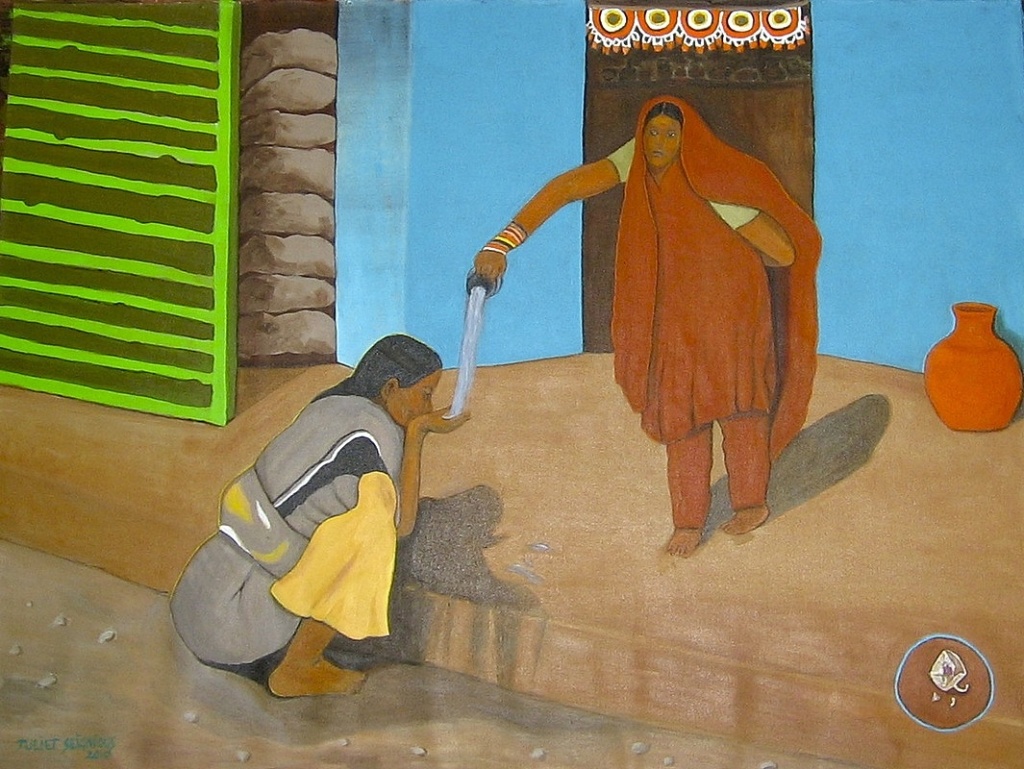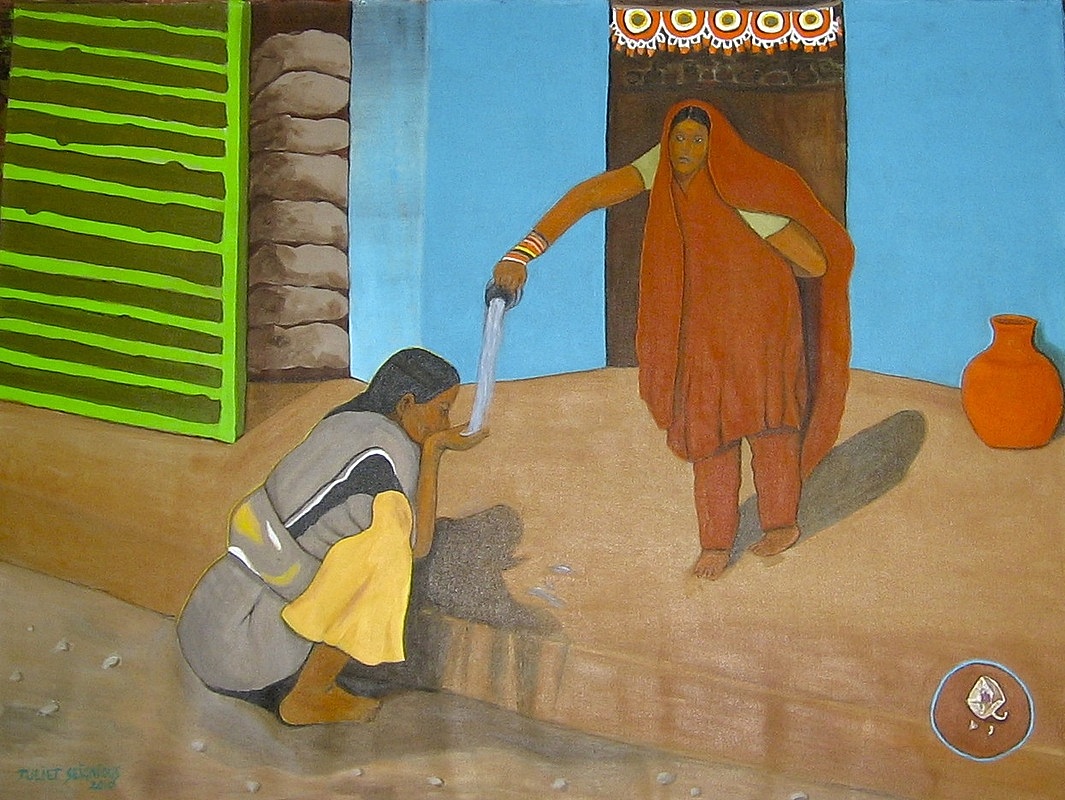INDIAN UNTOUCHABILITY
The system of institutionalised hierarchy in the form of caste cannot be eradicated without a change in societal perception.
Ritu Kumar is currently Editorial Intern with The New Leam.
Untouchability and caste discrimination in India are two social evils that have been going on for centuries. The religious sanction and the sustained practice of discrimination and marginalisation of a particular section of the population thought to be ranked at the end of the purity-pollution hierarchy in terms of hereditary occupations is one of those aspects of the society that must be stopped at once. For centuries those who are termed as the untouchables are leading a life of marginalisation, economic backwardness, lack of opportunities and a sense of trauma.
In independent India the constitutional legislations have declared many ill practices in the name of caste to be punishable and created for the marginalised policies and opportunities that allow them to become better off. Whether we refer to opportunities in employment, education or socio-cultural organisations there is certainly a larger representation of those from the marginalised backgrounds than what it was decades earlier but even today the condition of this section is not at par with those who are forming the top most layer of the caste system.

Dalit children in many schools are still made to clean washrooms instead of studying, sanitation workers even today continue to mostly belong to occupational caste groups traditionally assigned this task, in many places customary taboos of drinking and eating that discriminate against the untouchables are in practice and there are many instances when because of one’s lower caste a person is discriminated against and neglected from larger cultural opportunities of egalitarian membership.
Despite a rise in literacy levels, expansion of modernity, proliferation of centres of learning and rigid legal measures- equal participation of this section of the population continues to be difficult to achieve. When one contemplates upon this paradox there is an urge to ask whether this points at something regarding our social mind and if it urges us to think beyond policies and legal recommendations?
Is caste inherent to our social behaviour? While nobody can undermine the significance of these measures what is required is to also take an inner exploration. We generally regard our gardeners, domestic help, plumbers and electricians to be less worthy than doctors, painters and professors- here do we not reassert the body-mind(pollution-purity) binary that is the most important component of the caste hierarchy?
We use washrooms but avoid having to tidy it, there are assigned workers who collect garbage from our homes each morning that the domestic help hands over, often we treat children on the street, construction workers with disgust and do our best to not allow them to lay their hands on the clothes or things that we are using. We have separate cutlery for people from the margins, we do not share our comfortable sofas, we expect this section to possess uncultivated tastes and be without any fine sensibility. Over the years with our knowledge and cultural capital we begin taking our own weakness for granted. Caste as structured hierarchy is sustained in a context where every day behaviours manifest discrimination and inequality.
The need to undo all oppression’s, differentiation’s and strive for a just and quality society is in sync with the requirement to change our own attitudes and values in everyday associations with other individuals. A change in our orientation will be intrinsic to a transformation of the society. Caste is outside as much as it prevails within.
We believe that if individuals like you come forward and SUPPORT THIS ENDEAVOR can make the magazine self-reliant in a very innovative way.














